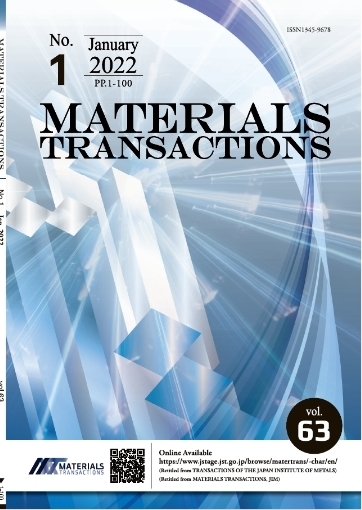This study investigated the effect of pH and pulp potential (EH) on the floatability of arsenopyrite and pyrite, which are single minerals, in Hallimond tube, by using xanthate as a collector. On this basis, the study further investigated the selectivity index of arsenopyrite and pyrite, using a mixed sample of arsenopyrite and pyrite. To examine the flotation behavior of each mineral by pH change, flotation was carried out at pH 4 and pH 10. The test results showed arsenopyrite had higher floatability at pH 4, regardless of the potassium ethyl xanthate (PEX) concentration. This is because xanthate ion was oxidized to be stable dixanthogen, which was well adsorbed onto arsenopyrite surface, due to the high EH of pulp. Meanwhile, arsenopyrite had relatively lower floatability at pH 10 than at pH 4, which was because the dixanthogen remained unstable, and was not adsorbed onto the arsenopyrite surface, due to the relatively low EH of pulp. Pyrite had low floatability at both pH 4 and pH 10. Just as for arsenopyrite, the result for pH 10 was caused by the low EH of pulp. Yet, interestingly enough, different from the case of arsenopyrite, pyrite at pH 4 had low floatability, despite its high EH. FTIR analysis was performed, to examine the reason for such contradictory behavior. The analysis result showed that this was caused by poor adsorption with xanthate, due to sulfate ion (SO42−) that was generated by the oxidation of pyrite surface in reaction with oxygen in pulp at pH 4. To further investigate the selectivity index (i.e., the pyrite recovery/arsenopyrite recovery ratio) of arsenopyrite and pyrite, additional flotation tests were carried out on mixed sample of the two minerals. Different from the flotation behavior of single minerals, the results showed that the recovery of arsenopyrite was lower than that of pyrite, and the selectivity index of arsenopyrite and pyrite was the highest when the PEX concentration was the lowest. Such a different trend in flotation behavior of the mixed sample from the flotation behavior of the single minerals was because the surface oxidation reaction of arsenopyrite, which was more affected by EH among the mixed arsenopyrite and pyrite, generated ferric arsenate, a hydrophilic compound, on the surface of arsenopyrite, resulting in poor adsorption with xanthate; in turn, this depressed the floatability of arsenopyrite.










